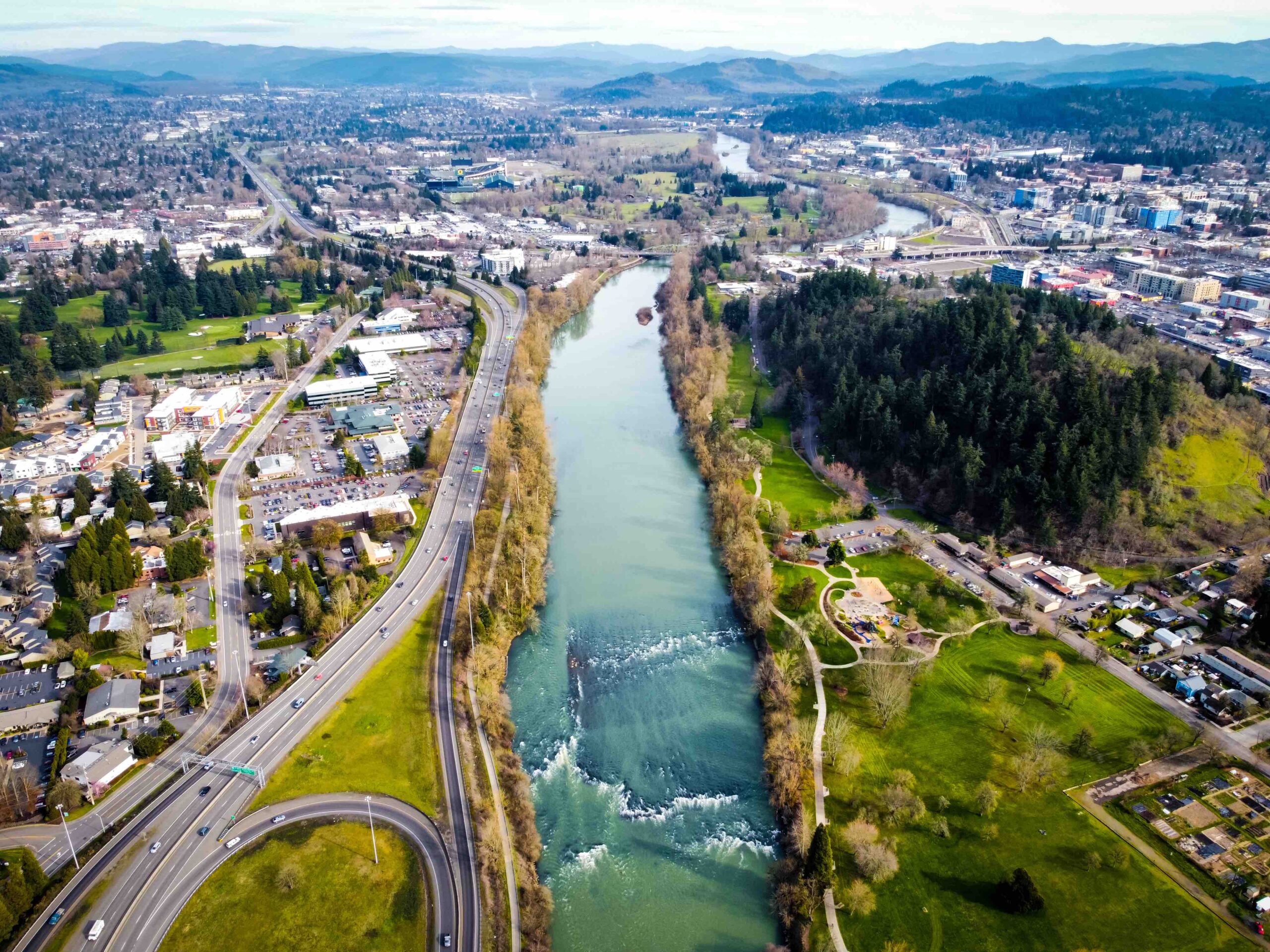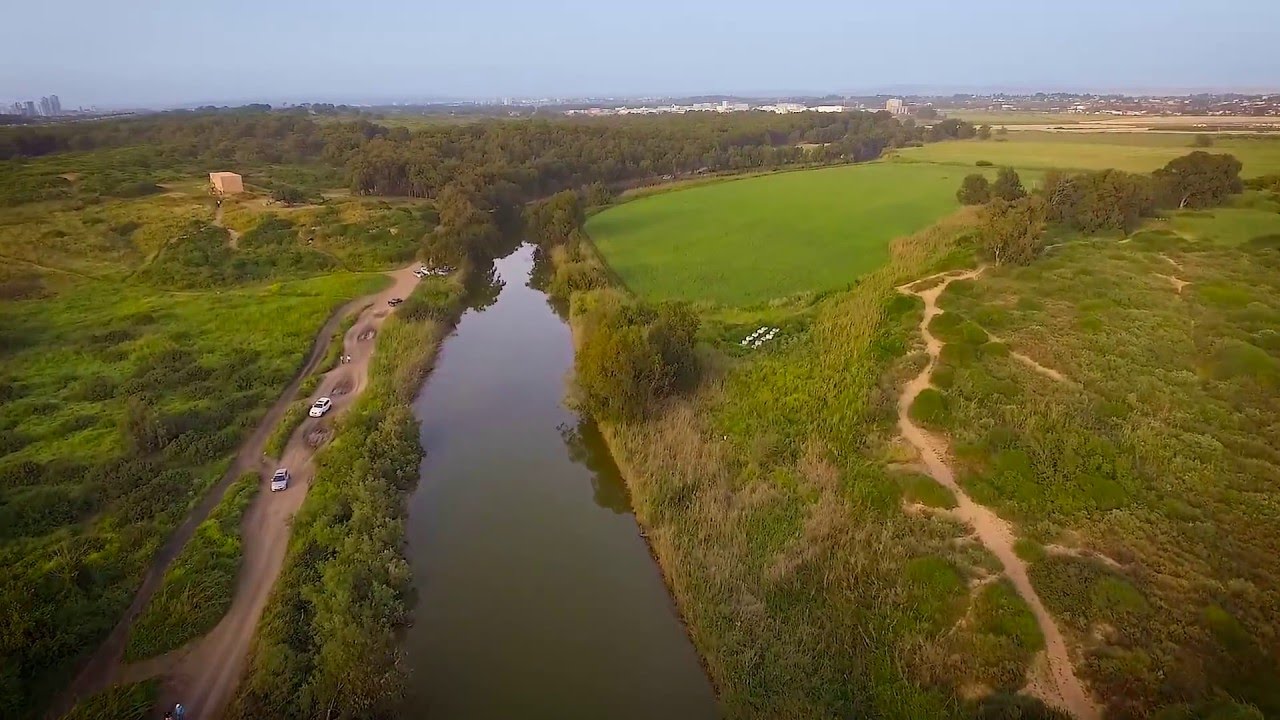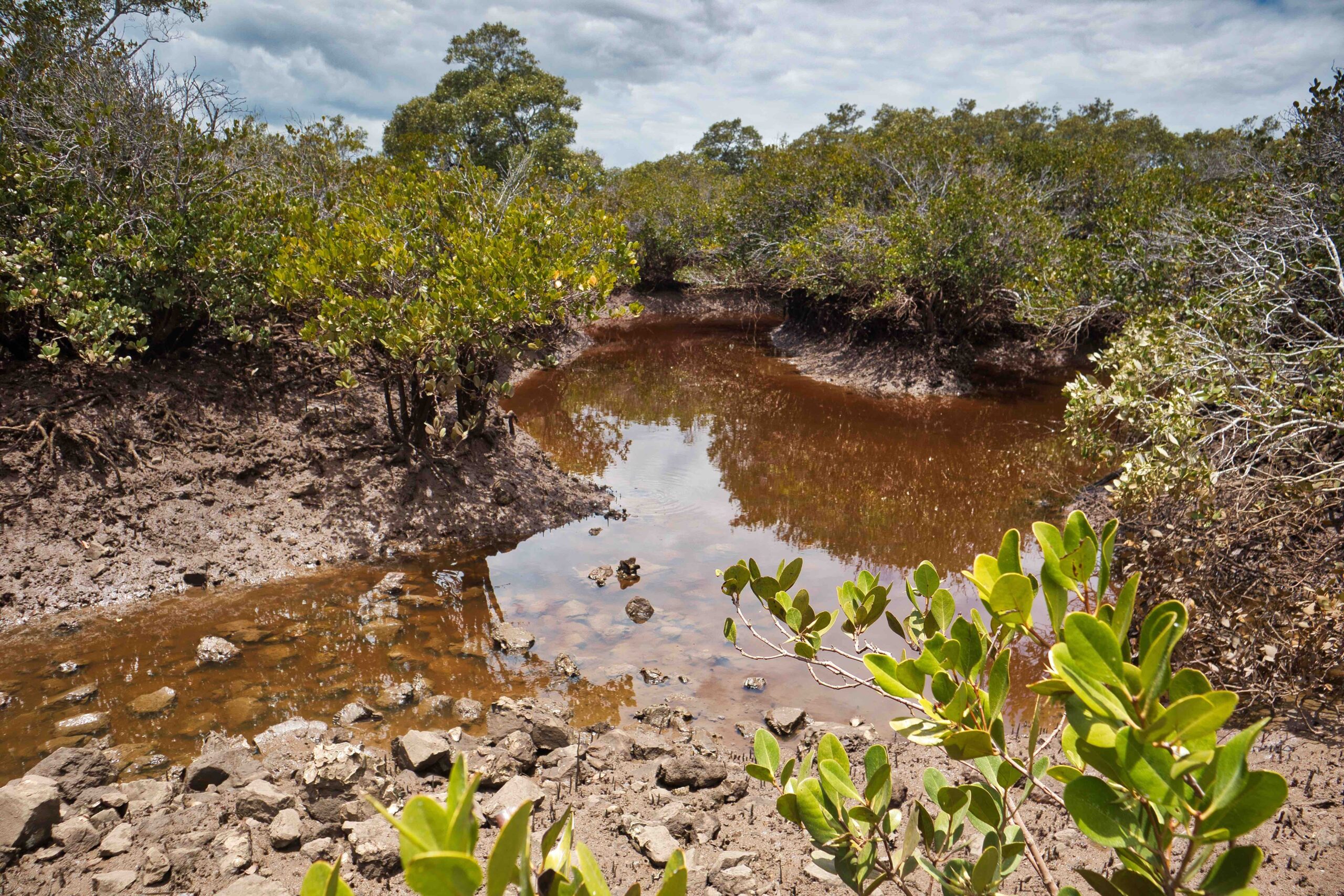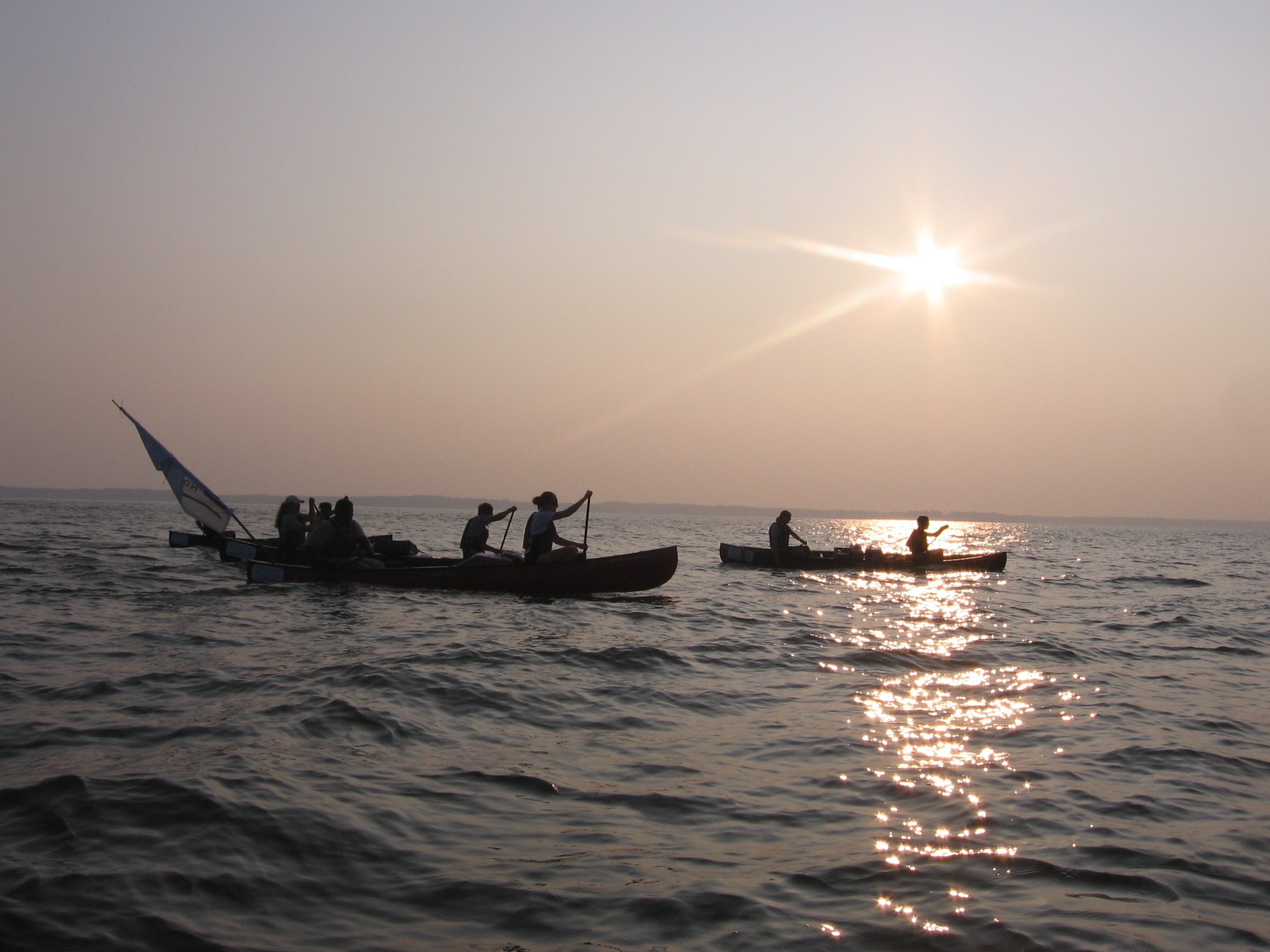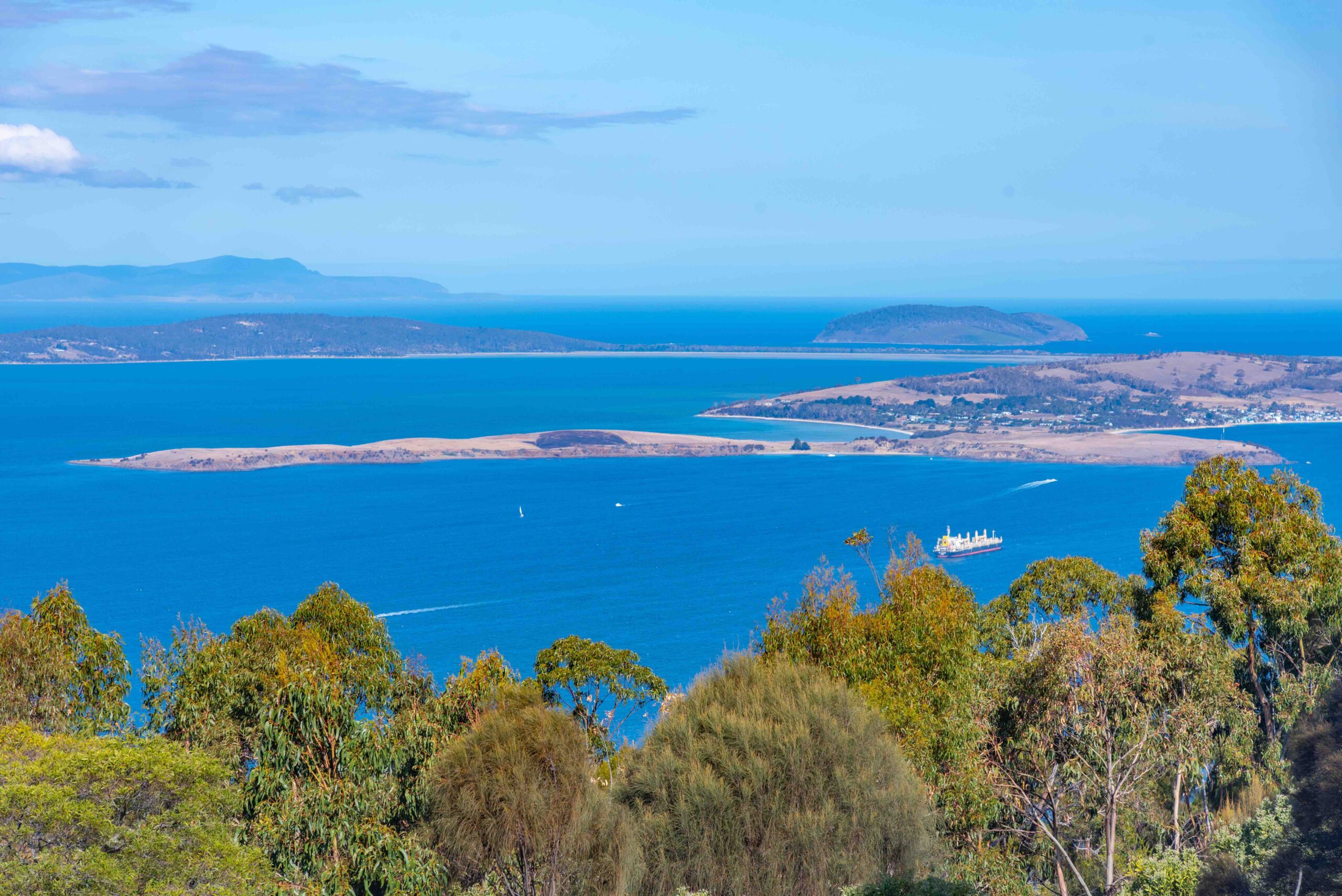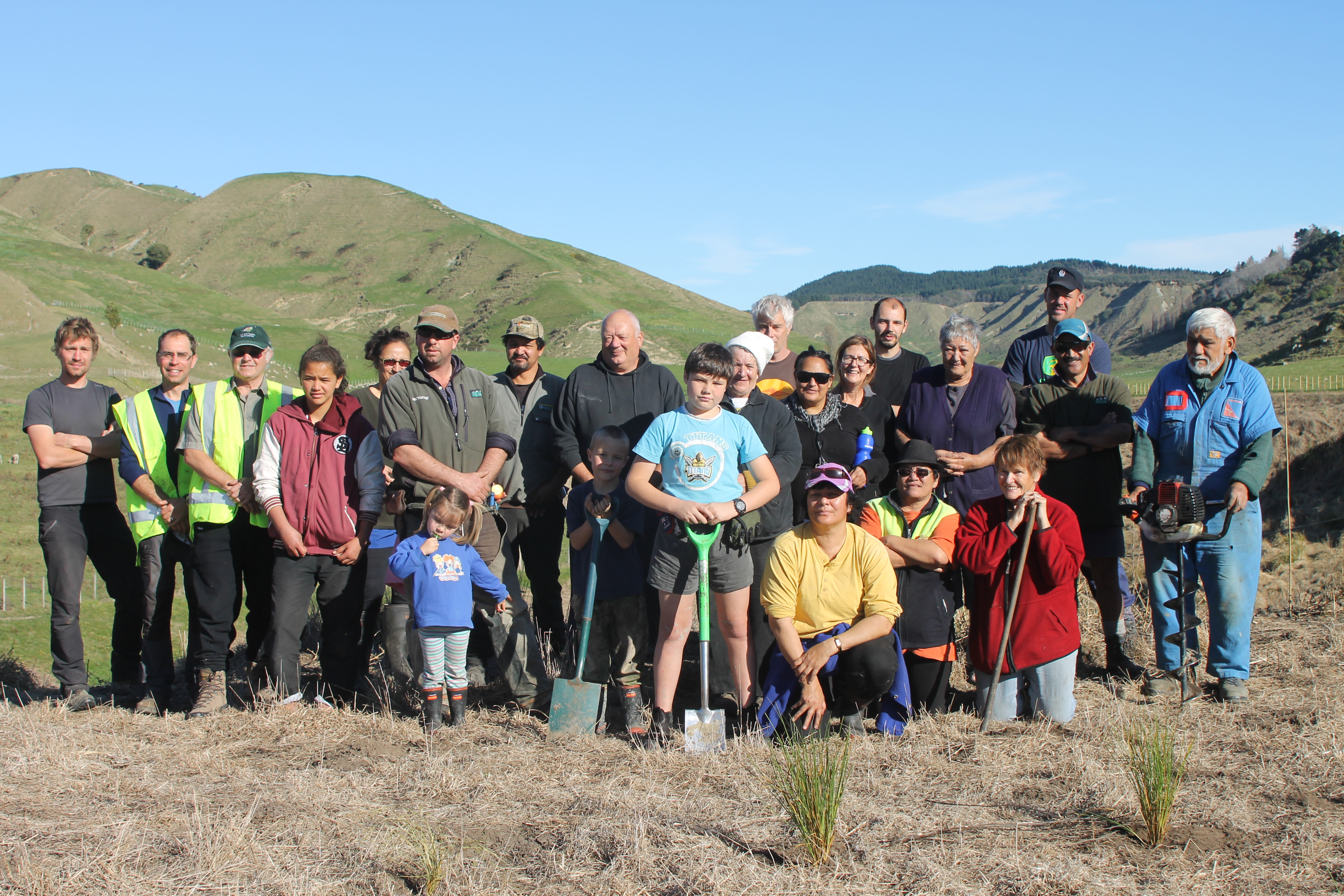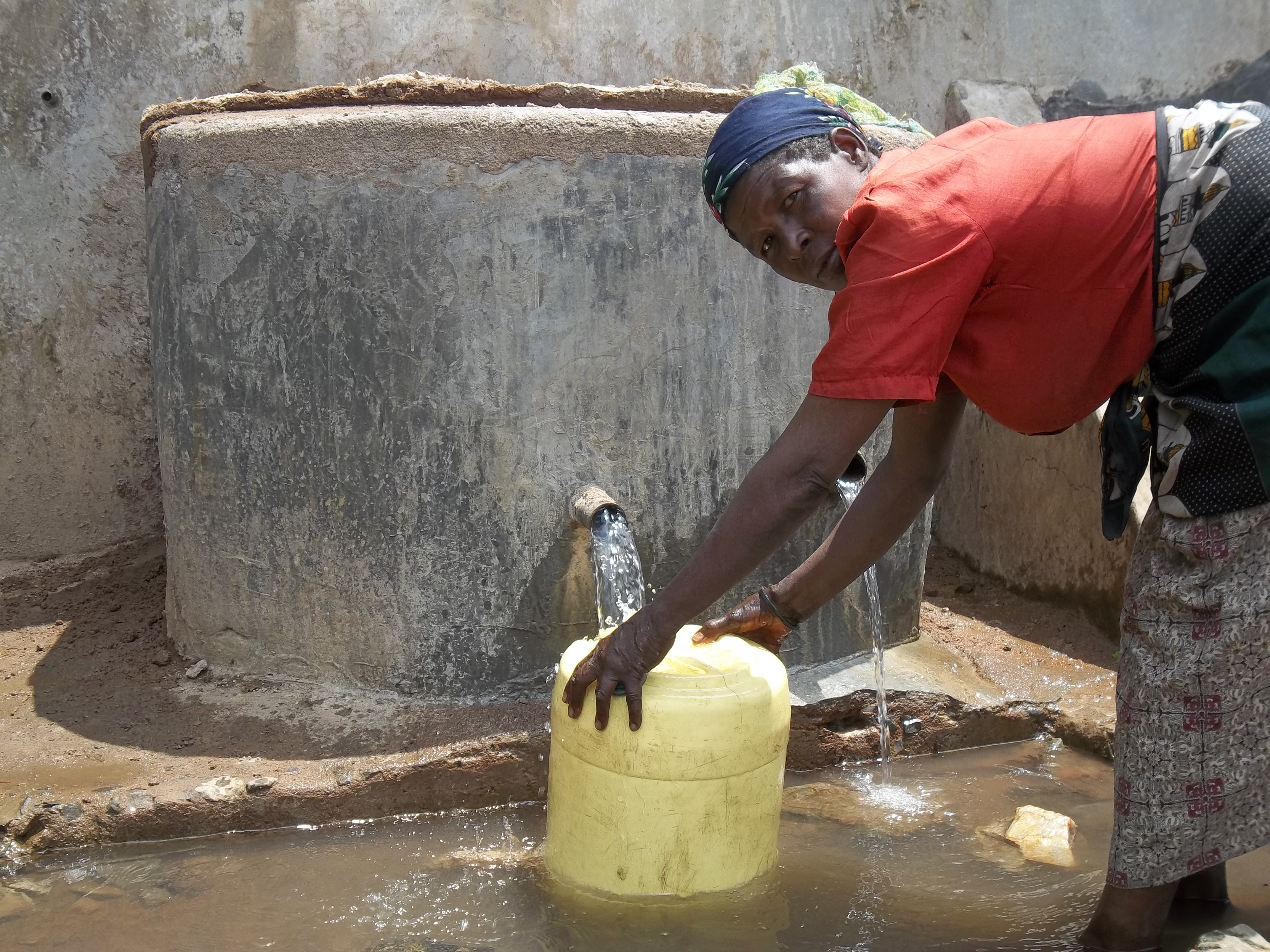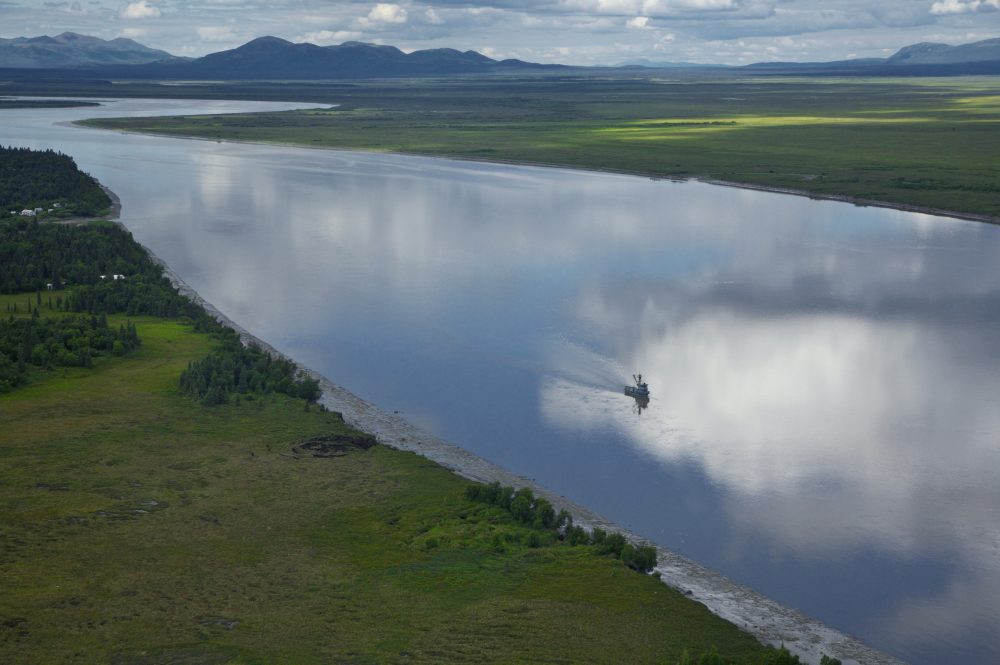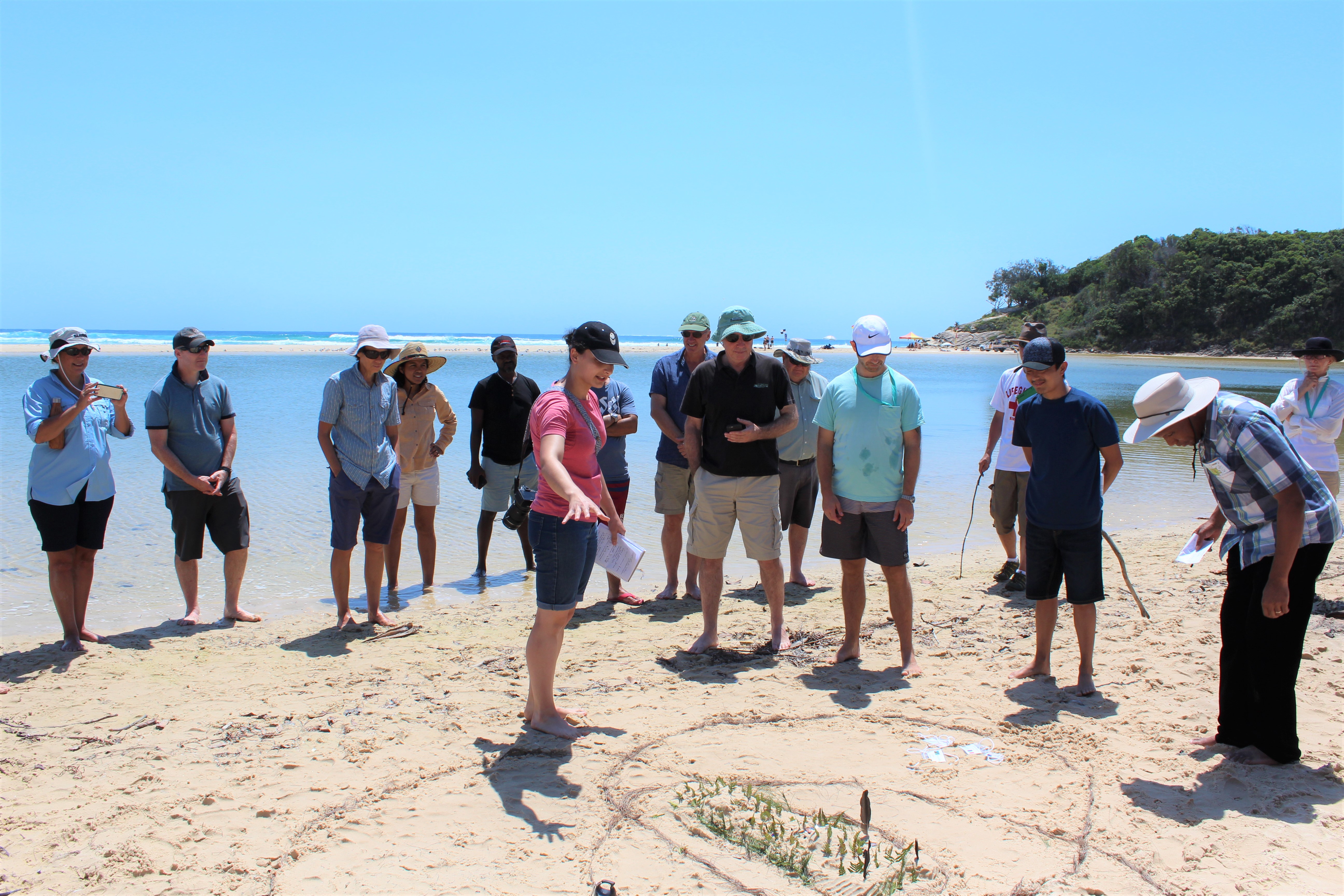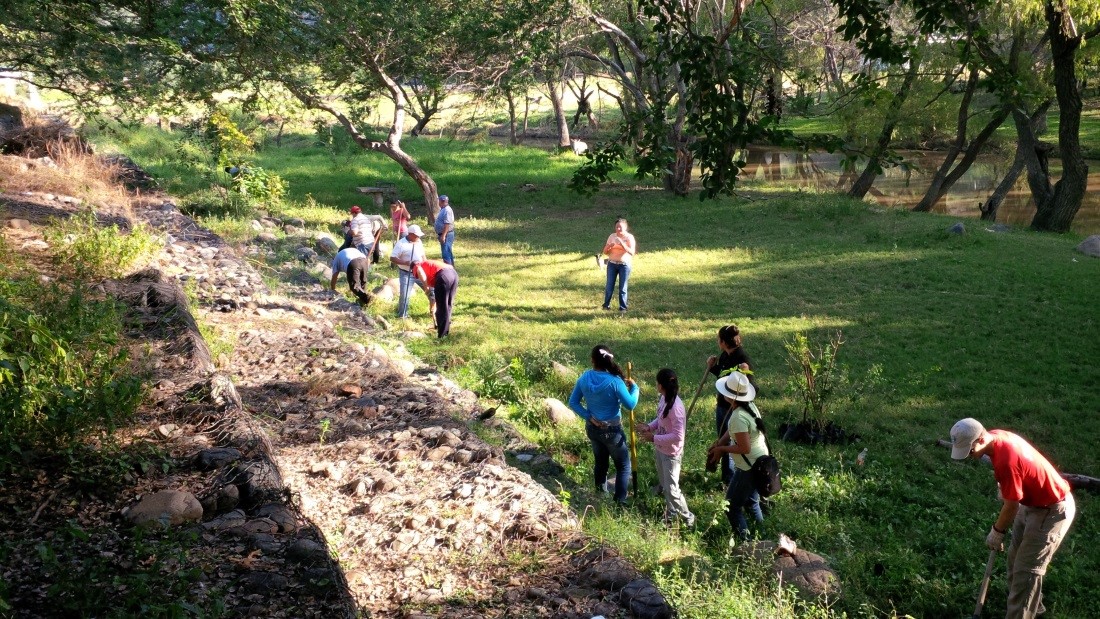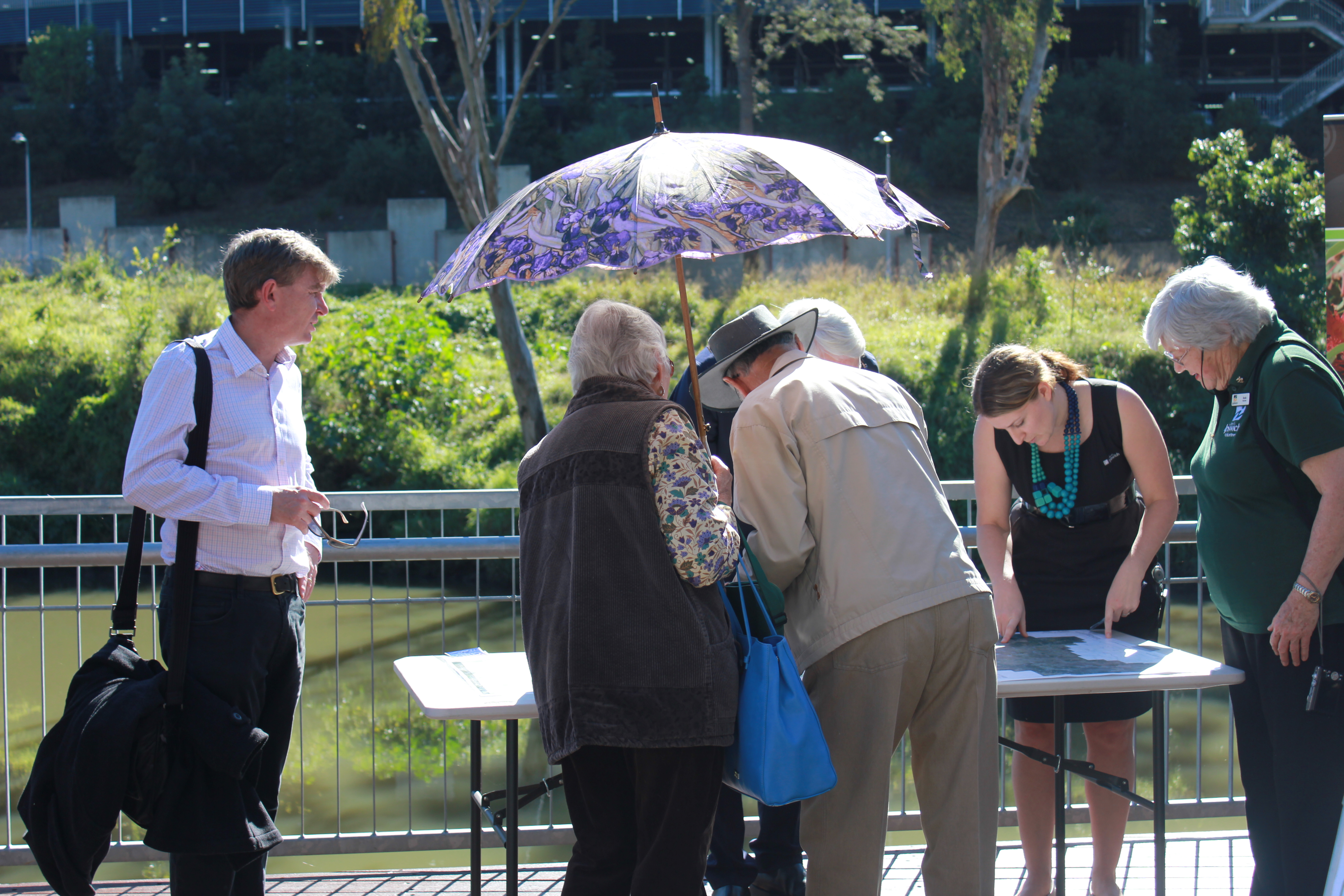Willamette River, USA and Rio Laja, Mexico
The Willamette-Laja Twinning Partnership united youth, teachers, river restoration practitioners, and the birding community for deep cultural connections and sustained conservation of shared migratory birds species and habitats.
In September 2012, the Willamette River Initiative (WRI) in Oregon, USA won the Thiess International Riverprize, and in 2015 the WRI partners formally selected the Rio Laja, located in the state of Guanajuato in Central Mexico to be a twinning partner. The Laja faces similar watershed issues such as sand and gravel extraction, wetland destruction, invasive species, diminished upland oak habitats, and water quality degradation. A significant factor in choosing the Laja were cross-cultural connections between communities in the Laja and the Willamette’s own Mexican immigrant population. The cultural ties were invaluable considering the large Mexican migrant work force in the Willamette’s native plant nurseries and contracted forestry and riparian planting companies.
The Willamette-Laja Twinning Partnership has sparked new partnerships and continues to plan cross-cultural exchanges for professionals and primary school teachers interested in watershed restoration and education. The overarching goals include promotion of a diverse conservation movement in the Willamette, development of strong cross-border relationships of all ages, and continued peer-to-peer learning among professionals to improve the effectiveness of watershed restoration and conservation in the Laja and Willamette basins.
The platform of shared neotropcial migratory bird species creates a direct cultural link based on ecological connectivity in the North American flyway. The Willamette-Laja partnership project is focused on full lifecycle conservation along the flyway using education, engagement and economic development with rural and urban Latino communities.
The projects long-term youth education, local community engagement and habitat restoration projects will indirectly benefit
all shared migratory species in Laja and Willamette by decreasing pressure on local forest resources, creation of local ecotourism and recreation economies, and fostering community understanding and value for birds and the local watersheds.

